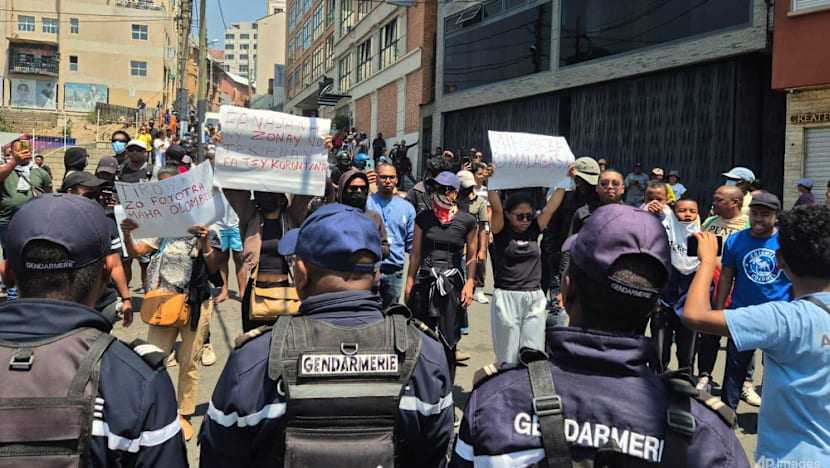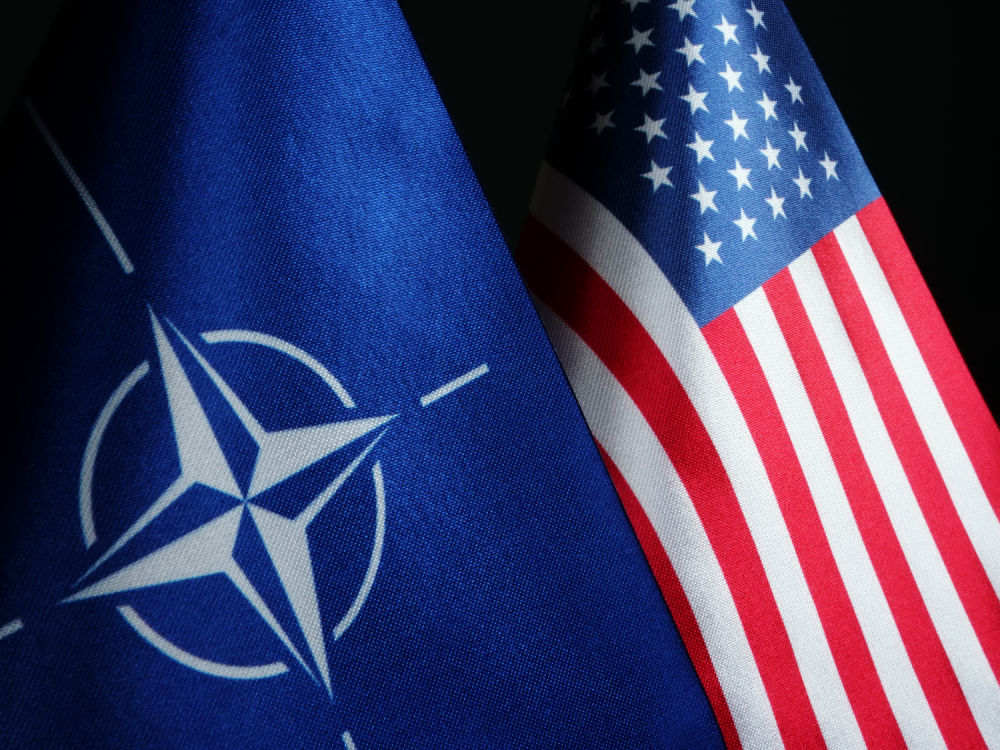Over the Israel-Hamas conflict, McDonald’s franchises are divided over free lunches for Israeli soldiers
One of the most well-known American businesses is in the center of the anger and worry that the Israeli conflict in Gaza is causing throughout the Middle East: McDonald’s. It all began earlier this month when an Alonyal Limited-owned McDonald’s franchise in Israel announced that it would give free meals to Israeli hospitals and military.
Franchises in other parts of the Middle East quickly distanced themselves, claiming no involvement in the choice to serve in the armed forces; some even started sending money to Gaza in support of the Palestinians. Middle Eastern McDonald’s franchises have taken positions on both sides of the dispute; those in Muslim nations have rejected McDonald’s Israel’s plan to give free lunches to the Israeli troops.
Even though McDonald’s is one of the most recognizable American businesses, the majority of its eateries are run and owned locally in each country. The McDonald’s case serves as a reminder of the complex geopolitical dynamics that multinational corporations must handle in a time when they are frequently asked to comment on contentious social and political matters.
Although there are no McDonald’s restaurants in Gaza or the occupied West Bank, Israel and Hezbollah forces have clashed in neighboring Lebanon, which is home to the American fast food company.
McDonald’s and other fast-food chains have been easy targets for politically motivated vandalism, in contrast to US embassies, which are guarded by police and have concrete walls.
McDonald’s being a flashpoint is reminiscent of the Arab boycotts of American companies in the early 2000s, which also occurred during the second intifada in Palestine and during the invasion of Iraq by the United States. Fast-food businesses around Tahrir Square were stormed, looted, and converted into first-aid facilities for demonstrators in 2011 during the Arab Spring riots in Cairo.
After nearly two weeks of Israeli airstrikes in response to a fatal Hamas assault into Israel, the current controversy surrounding the hamburger company has gotten worse.
Franchises throughout the Persian Gulf, including those in Turkey, Egypt, Jordan, and Lebanon, issued comments a week into the crisis clarifying that they were not endorsing the conduct of their Israeli counterparts.
The firm that runs McDonald’s Kuwait, Al Maousherji Catering firm, made a statement that said, “What the licensee in Israel did was an individual and private act, and not with the approval or direction of the international company or any other licensee, especially in our Arab world.”
Money was contributed to Gaza by franchises in Saudi Arabia, Qatar, Kuwait, Oman, Turkey, Bahrain, and the United Arab Emirates. Others in Jordan, Egypt, and Lebanon made remarks at first, but they didn’t contribute money until after pressure.
In response to a question on the political and charity involvement of its franchisees, The McDonald’s Corporation stated on Saturday that safeguarding the safety of its employees and local teams was the company’s primary priority.
The hate speech prompted well-known Egyptian talk show presenter Amr Adib to advise his audience on October 14 not to boycott the local franchise as it is run by Yaseen Mansour, an Egyptian millionaire, and employs a large number of Egyptians, he claimed.
He questioned, “What is the point of hurting this man and hurting people’s livelihoods? What is the point of closing McDonald’s?” Manfoods, the franchisee in Egypt, claimed in a statement that it offers “more than 40,000 job opportunities for Egyptian citizens, both directly and indirectly.”
Egyptian influencer Ali Ghozlan criticized McDonald’s for not supporting Gaza in a widely shared TikTok post. “Just post a single message expressing my support for our family in Gaza.”
Manfoods declared on Sunday that company would contribute 20 million Egyptian pounds ($650,000) toward Gaza assistance efforts in response to the criticism.
“Today, McDonald’s Egypt declared that it will contribute 20 million pounds to the cause. Again, your voice matters, and this is what happens as a result. stated Nagy on a TikTok.
Attempts to boycott McDonald’s are not new in the area. Calls for boycotts of McDonald’s and other American items spread throughout the Arab world during the second intifada. According to Reuters at the time, the McDonald’s franchiser in Saudi Arabia retaliated by organizing a fundraiser to provide medical supplies to hospitals in Palestine. The operator in Egypt claimed to employ 3,000 workers in a full-page advertisement published in the local daily Al-Ahram.
Five people were injured in a bombing that targeted a McDonald’s in Beirut in 2003, following the commencement of the Iraq War.
In order to suppress demands for boycotts during the second intifada, American multinational corporations like McDonald’s implemented techniques like providing donations and highlighting the impact on the local economy, according to a 2008 University of Minnesota research. Additionally, it encouraged them to introduce products like the McFalafel in 2001 in order to localize their offers.




